




We recognize that the institutions of science have often privileged some people at the expense of others. In the Autonomous Empirical Research Group, we know that we must do better. Thus, we value and invite group members’ efforts to create systemic change both within our group and in the broader scientific community.
We also believe that our research is altogether better with a diverse team. As such, we embrace and encourage our members’ differences in age, color, disability, ethnicity, family or marital status, gender identity or expression, language, national origin, ability, political affiliation, race, religion, sexual orientation, socio-economic status, veteran status, and other characteristics that make our members who they are.
Our team is not confined to a single geographic area or type of institution. Instead, we welcome talented students and researchers from around the world, who come from varied backgrounds and have interests in automated scientific discovery and/or AI for science, with applications in psychology, neuroscience, biology, computer science, statistics, and/or physics.
Are you interested in joining us? If you are interested in learning more about our research or joining the Autonomous Empirical Research group, reach out to us via autonomous.research.group@gmail.com.
(alphabetical order)
Lisa Artmann (Kiel University of Applied Sciences, Germany) is a Master Student in Data Science, with a background in cognitive science and artificial intelligence. Lisa's work centers around developing algorithms for symbolic regression and leveraging knowledge graphs for retrieval-augmented generation.
[Mail] [Web]
Alessandra Brondetta (Osnabrück University, Germany) is a PhD student in cognitive science with a backgrund in physics of complex systems. Alessandra focuses on accelerating large-scale social experiments with behavioral simulators.
[Mail]
Se-Eun Choi (Osnabrück University, Germany) is a Master Student in Cognitive Science, with a background in mathematics. Se-Eun's work involves the development of statistical tools for the automated discovery of structural differences in dynamical systems.
[Mail]
Sabrina Navazova (Osnabrück University) is a Bachelor student in Cognitive Science. She
is interested in modelling, mathematics and research, focusing on
testing models' generative performances across various psychological
phenomena.
[Mail]
Sebastian Musslick (Osnabrück University, Germany; Brown University, USA) is an an Assistant Professor of Computational Neuroscience at Osnabrück University where he is leading the Laboratory for Automated Scientific Discovery of Mind and Brain, and a Visiting Scientist at Brown University. Aside from directing the AER Group and developing tools for automated scientific discovery, Sebastian is studying limitations in the human mind's capacity to exert mental effort and the consequences of these limitations for natural and artificial cognition.
[Mail]
[Twitter]
[Github]
[Web]
Sedighe Raeisi (Osnabrück University, Germany) is a Humboldt Fellow with a background in physics. Sedighe's focuses on the development of statistical methods for estimating individual differences in the structure of dynamical systems, and on automated experimental design.
[Mail]
Younes Strittmatter (Princeton University, USA) is a PhD student in Psychology. He is general interest lies in automated experimental design and experimentation in the behavioral sciences. He is one of the core developers and system architects of AutoRA.
[Mail]
[Github]
Muhip
Tezcan
(Osnabrück University, Germany) is a Master Student in Cognitive Science, with a background in computer science. Muhip's work focuses on methods for the automated discovery of computational models of cognition.
[Mail] [Github]
Daniel Weinhardt (Osnabrück University, Germany) is a PhD Student in Cognitive Science, with a background in electrical engineering. Daniel develops methods for the automated discovery of interpretable computational models of cognition. He is also the core developer of EEG-GAN – a toolbox for EEG data augmentation.
[Mail] [Github] [Website]
Cornelius Wolff (University of Amsterdam, Netherlands) is a PhD Student in Machine Learning, with a background in cognitive science. Cornelius develops AI systems capable of interacting with tabular scientific data. He is also leading projects concerned with the generation of synthetic participants for behavioral sciences.
[Mail] [Github]
Laboratory for Automated Scientific Discovery of Mind and Brain (Osnabrück University)
Neuroscience of Cognitive Control Laboratory (Princeton University)
George Dang (Brown University)
Mikako Inaba (Princeton University)
Brian Ji (Brown University
Joshua Hewson (Brown Univeristy)
John G. Holland (Brown University)
Ioana Marinescu (NYU)
Isabella Pu (Princeton University)
Jessica (JT) Tao (Princeton University)
Chad Williams (Brown University)